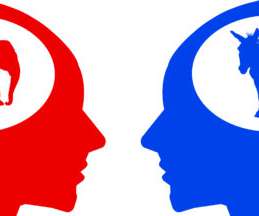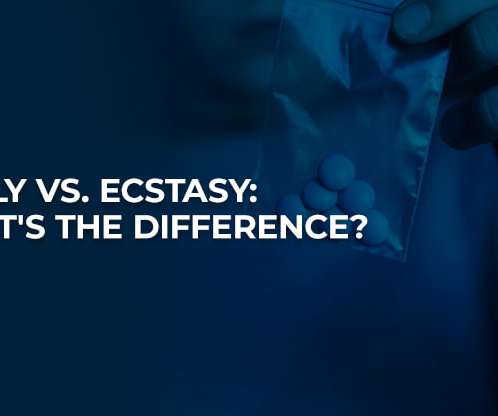Clinician and client political values in culturally-competent psychotherapy
Society of Clinical Psychology
MAY 17, 2021
Clients reported that it was helpful to them to raise such issues in therapy, and therapists likewise reported that it was helpful for case conceptualization and tailoring treatment to know about the client’s SPVs. Sociopolitical values: The neglected factor in culturally-competent psychotherapy. Reference/Target Source. Redding, R.E.












Let's personalize your content